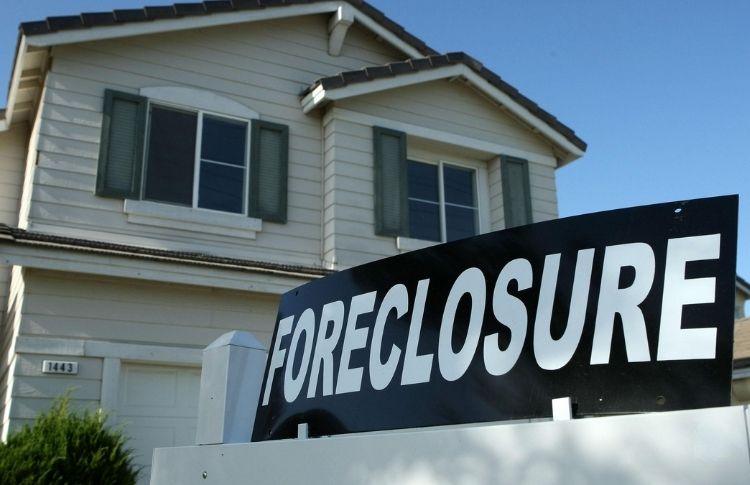Foreclosed properties can make a sound profit for real estate investors and are great for both long-term and short-term investment. Due to various reasons foreclosed homes are often much more cost-effective than a conventional property. However, the homes are sold as they stand and, naturally, there are risks involved. Here is an outline of foreclosure properties to help you decide if they are worth the investment.
Jump Ahead To:
Understanding the Different Stages of Foreclosure
Foreclosed buildings are sold as-is which make them a risky investment. However, identifying the stage of foreclosure a property is in can give you an idea of its condition. In the early stages, properties are often in a better state as they are generally still inhabited by owners.
Short Sales
Short sale properties are found on many real estate websites, short sale is a voluntary process which requires approval from lenders. Borrowers may choose this option if they have trouble covering their mortgage costs and this option gives them the chance to repurchase another house. This process means that they have to sell their property at a reduced rate. A short sale property can often be of a higher standard than a full foreclosure as it has been recently inhabited.
Pre-foreclosures
Pre-foreclosures can be found through online resources and it describes a property which is just about to go into auction. It is an early stage of foreclosure. Homeowners are usually more willing to negotiate terms to prevent a negative credit rating which occurs after their property has been foreclosed. This state of foreclosure usually means that the property is still in use.
Sheriff’s Sale Auctions
A sheriff’s sale auction is managed by local law-enforcement authorities. They occur when the lender regains ownership of a property and allows them to recover the outstanding balance for the loan.
Government-Owned and Bank-Owned Properties
Government-owned properties were previously purchased with loans guaranteed by the federal government. Once they go into foreclosure, they are repossessed and sold by federal agency brokers. Bank-owned properties, or real estate owned (REO) properties are homes that revert back to the bank after a non-sale at auction.
Who Should Invest
Investing in a foreclosure can be a lucrative move, but it can also take up a lot of your time. Investors who go down this route should conduct thorough research into the property and the local real estate market before making a decision. If you are just starting out in the real estate business, but you are keen to take on a foreclosure, a Certified Distressed Property Expert can offer professional advice.
How to Invest
Typical money providers tend to view foreclosures as risky business and have strict rules about lending in these circumstances. Distressed properties are picked up fast, so it is vital you have capital on hand. Fortunately, some private lenders offer foreclosure loans to help see you through the process.
Potential Risks
The risks attached to a foreclosed home include property damage. This could result in costly repairs and renovation. Also, there is a lot of paperwork attached to foreclosed homes and the process could be timely. However, some investors can argue that the positives far outweigh the negatives. The down payments are less, the interest rates are lower and there are generally less fees. With the addition of a market value discount, a foreclosure purchase can prove to be an absolute bargain in the long run.

